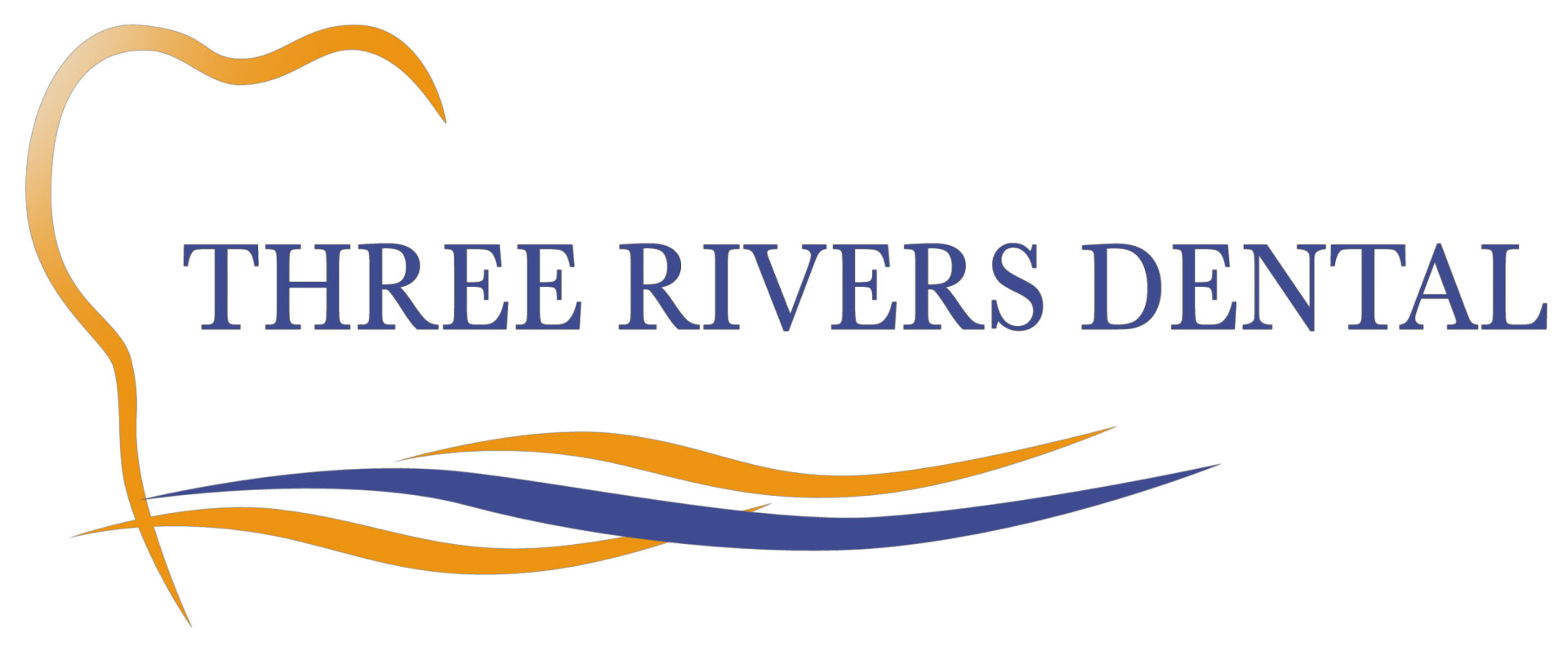Dental implants offer a permanent solution for replacing missing or broken teeth. Dentist patients near Pittsburgh often wonder how they can clean their dental implants. A dental implant requires specific care and maintenance to ensure it lasts.
Discover 4 simple dental implant cleaning and care tips along with ADA-recommended hygiene products. Learn how to prevent dental infections and tackle plaque buildup effectively.
1. Brushing Dental Implants and Natural Teeth
Daily brushing can help maintain the health of teeth and gums near the implant. Daily oral care and hygiene practices help reduce the risk of implant failure.
Maintain oral hygiene and care for dental implants by brushing teeth twice daily. Use a soft-bristle toothbrush. Abrasive toothpaste may scratch the surface of the dental implant. Try a low-abrasive tartar-control toothpaste with the American Dental Association seal of acceptance for natural teeth and dental implants.
2. Flossing Between Natural Teeth and Dental Implants
Daily brushing and flossing can help maintain oral health. Flossing prevents tooth decay between teeth and gum infections near the implant site.
Dental Floss and Interdental Cleaners
Floss between natural teeth and use interdental cleaners between dental implants and natural teeth. Interdental brushes are small-headed toothbrushes specially coated to prevent scratching. They help reduce the risk of plaque buildup around dental implants.
Dental professionals recommend using interdental cleaners to clean between natural teeth and dental implants. Dental floss may shred while flossing between the dental implant. Shredded floss below the gum line could cause peri-implantitis, a gum tissue infection. This infection often leads to implant failure.
Using regular floss to clean between dental implants could damage the peri-implant seal. Ask your dentist about the best interdental brush size to match the space for cleaning between your teeth. Consult with your dentist about crown and bridge floss if you have those dental devices in addition to a dental implant.
Water Flossers and Oral Irrigators
Maintain the health of teeth and gums to prevent tooth decay, gum infection, and dental implant failure. Use a water flosser or oral irrigator after flossing to clean teeth and gums. Water flossers spray pressurized water to rinse away food particles and plaque that regular brushing and flossing may not reach.
3. Antibacterial Mouthwash
Using an antibacterial mouthwash is an effective way to kill bacteria and prevent infection. Rinse twice a day to keep your gums and teeth healthy. If you have sensitive gums, or the implant site is still healing, ask your dentist about a prescription mouthwash.
4. Regular Checkups with Your Dentist
Smoking and periodontitis are common risk factors for peri-implant diseases. Regular checkups with your dentist are vital to the long-term success of dental implants.
Your dentist will examine the dental implants to make sure the gums at the implant site are healthy. A dental hygienist may also deep clean natural teeth and gently polish dental implants to eliminate stains or plaque buildup.
Ask your dentist for their recommended hygiene tips to prevent gum disease. Look into tooth and interdental brushes and dental care products to make cleaning dental implants easy and effective.
Restore Your Smile
A dental implant procedure can help individuals with severely cracked, broken, or decayed teeth. Dental implants enhance chewing abilities and look, feel, and function like real teeth. They offer a permanent solution to restore smiles.
A dental implant can also support a bridge. Patients who have not had success with removable partial dentures may be excellent candidates for dental implants.
Keeping dental implants clean and free of plaque is crucial. While brushing and flossing help, it’s also important to incorporate other cleaning methods, such as mouthwash, interdental brushes, and water flossers. These practices help improve dental health.
Regular checkups with a dental professional are important. Consult with your dentist for personalized advice and ADA-approved product recommendations. Following these dental care tips can help prevent dental implant failure.
Contact Our Pittsburgh Area Dental Group
If you are considering dental implants, you likely have many questions. It can be challenging to anticipate everything, from the procedure’s cost to the benefits of dental implants.
Contact Three Rivers Dental Group to learn more about our dental implant solutions for tooth replacement and sedation dentistry options. Call us at 1-855-NO FEARS or request an appointment online. We are conveniently located in the Pittsburgh region with offices in Cranberry, Greentree, and Greensburg.
